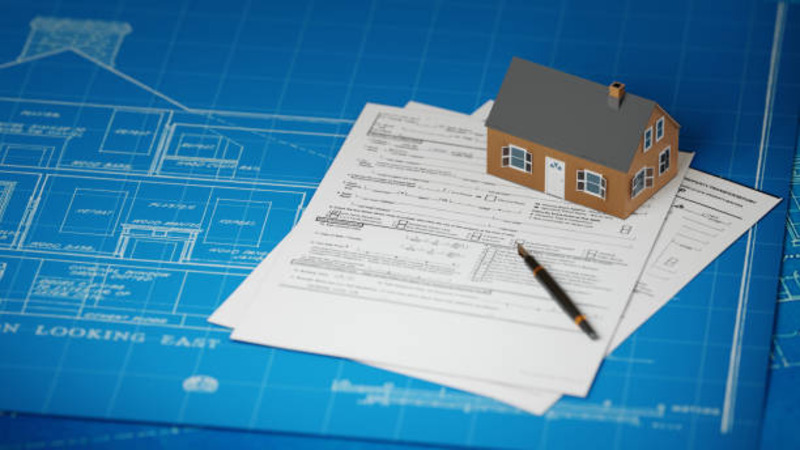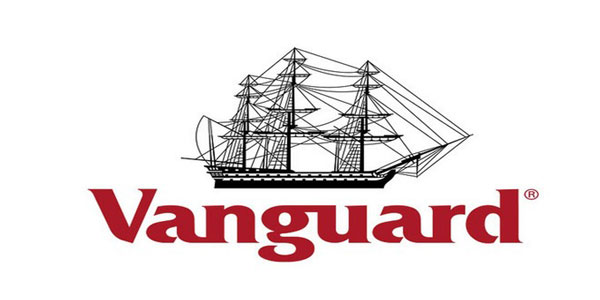Navigating the Requirements for a Construction Loan: Building Your Dream Home
Feb 20, 2024 By Susan Kelly
Building a custom home is an exciting endeavor, but it often requires financing through a construction loan. Understanding the requirements for obtaining a construction loan is crucial for a smooth and successful building process. In this article, we will provide an overview of construction loans, discuss the requirements for securing one, including credit score and debt-to-income ratio, documentation needed, down payment requirements, other qualifying criteria, tips on how to get approved, key takeaways, and answers to frequently asked questions.
Overview of Construction Loans:
A construction loan is a specialized loan designed to finance the construction of a new home or major renovations. Unlike a traditional mortgage, construction loans are typically short-term and disbursed in stages as the construction progresses. They require a different set of requirements and documentation, ensuring that the funds are allocated appropriately and the project is completed successfully.
Requirements for Obtaining a Construction Loan:
When applying for a construction loan, lenders will often assess your credit score and debt-to-income ratio to determine your financial capability of taking on the project. Generally, you need a minimum FICO credit score of 680 or higher to qualify for a construction loan. Most lenders look for a debt-to-income ratio of 43% or lower when considering applicants for a construction loan.
Credit score and debt-to-income ratio, lenders also require tax returns, pay stubs, bank statements and other financial information to verify your income and assets. You may need to provide additional documents such as a business license if you are self-employed or a copy of the land title if you plan on building on an existing property.
Down payment requirements for a construction loan vary depending on the lender, but generally require at least 10% of the total cost of the project. You may also be asked to provide a letter of explanation about how you plan to use the loan proceeds.
Credit Score and Debt-to-Income Ratio Requirements:

Lenders consider credit scores and debt-to-income ratios as indicators of a borrower's financial stability and ability to repay the loan. A higher credit score and lower debt-to-income ratio increase the chances of loan approval. Requirements may vary among lenders, but a credit score of 680 or above and a debt-to-income ratio of 45% or lower are common benchmarks.
Credit Score Requirements for a Construction Loan:
In order to qualify for a construction loan, applicants must have a minimum FICO credit score of 680 or higher. Credit scores are used by lenders to assess the financial stability and repayment capabilities of the borrower. A higher credit score is indicative of sound financial management and repayment patterns.
Debt-to-Income Ratio Requirements for a Construction Loan:
Another important factor for approving a construction loan is assessing the applicant's debt-to-income ratio. Most lenders look at this as an indicator of whether the borrower can take on additional debt in order to finance their project.
A debt-to-income ratio of 43% or lower is required in order to qualify for a construction loan. It is important to note that some lenders may have stricter criteria when it comes to debt-to-income ratios.
Documentation Needed to Secure a Construction Loan:
To secure a construction loan, you will need to provide thorough documentation, including but not limited to:
- Building plans, specifications, and cost estimates
- Proof of income and employment history
- Personal financial statements and tax returns
- Construction contract with a licensed contractor
- Permits and licenses
- Appraisal of the land and future home
Down Payment Requirements for a Construction Loan:
Construction loans generally require a higher down payment compared to traditional mortgages. Typically, lenders expect a down payment of 20% to 25% of the project's total cost. This demonstrates your commitment to the project and reduces the lender's risk.
Other Qualifying Criteria for a Construction Loan:
In addition to credit score, debt-to-income ratio, and documentation, lenders may consider other factors such as:
- Loan-to-value ratio (LTV): The loan amount compared to the appraised value or cost of the project.
- Builder qualifications: Lenders may evaluate the experience and track record of the builder or contractor involved in the project.
- Reserves: Demonstrating sufficient cash reserves can provide reassurance to lenders that you have the financial capacity to cover unexpected costs during construction.
Tips on How to Get Approved for a Construction Loan:

- Improve your credit score: Pay your bills on time, reduce outstanding debt, and correct any errors on your credit report.
- Maintain a low debt-to-income ratio: Keep your debt obligations manageable in relation to your income.
- Prepare a detailed budget and construction plan: Provide comprehensive plans, cost estimates, and a well-thought-out construction timeline.
- Find a reputable builder or contractor: Lenders may have specific requirements for the qualifications and licensing of the builder involved in the project.
- Save for a substantial down payment: A higher down payment shows your commitment and reduces the lender's risk.
- Build a strong relationship with your lender: Establish open communication and transparency throughout the loan application process.
Conclusion:
Securing a construction loan requires meeting specific requirements and providing extensive documentation. Understanding the credit score and debt-to-income ratio requirements, documentation needed, down payment requirements, and other qualifying criteria is essential for a successful loan application. By following these requirements, preparing a detailed construction plan, and maintaining a strong financial profile, you increase your chances of getting approved for a construction loan and building your dream home.
FAQs:
What is a construction loan, and how does it differ from a traditional mortgage?
A construction loan is a specialized type of loan used to finance the building or renovation of a home. Unlike traditional mortgages, which are disbursed in one lump sum, construction loans are typically short-term and dispersed in stages as construction progresses.
What credit score is needed to qualify for a construction loan?
The minimum credit score to qualify for a construction loan may vary among lenders, but generally ranges from 680 and above.
What is the typical down payment requirement for a construction loan?
Most lenders require a down payment of 20% to 25% of the total project cost for a construction loan.
What documents are required to secure a construction loan?
Documents typically required to secure a construction loan include building plans, specifications and cost estimates, proof of income and employment history, personal financial statements and tax returns, the construction contract with a licensed contractor, permits and licenses, and an appraisal of the land and future home.

Real Estate Investment: 5 Simple Strategies to Get Started

Understanding the Concept of Money

Discussing the Best Vanguard Funds for Retirees

Building Strong Credit as a Business Owner

An Overview of Defensive Stock: Safe Investment in Volatile Markets

Boosting Insight-Driven Digital Engagement at FIs

Understanding the Business Sale Process

Betterment.com Insights: Hassle-Free Investing for Busy Individuals

Agency Bond

